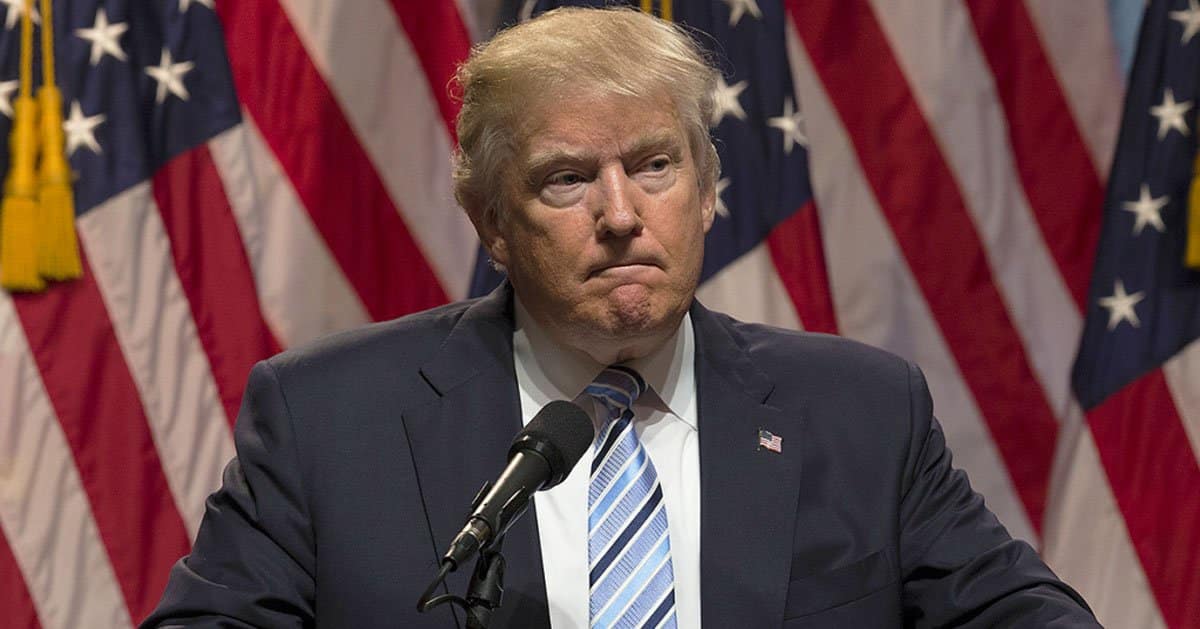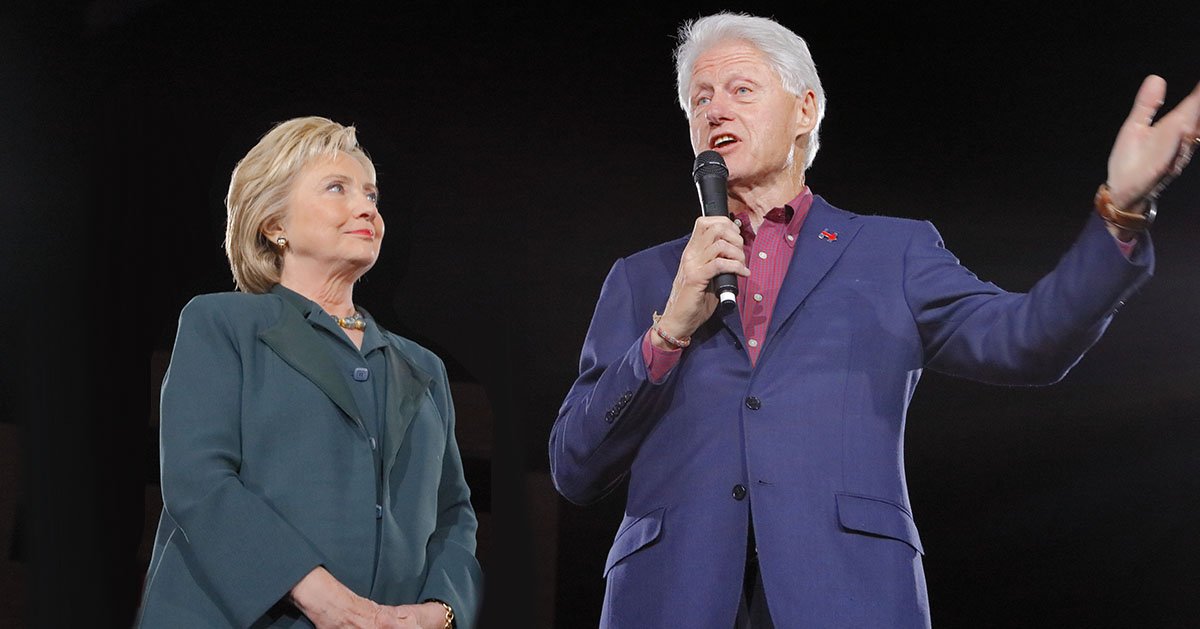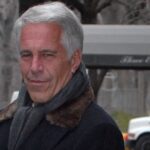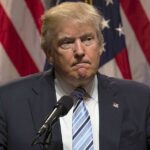








The 2025 Nobel Peace Prize has sparked a firestorm of debate by crowning Venezuelan opposition leader Maria Corina Machado while sidelining President Donald Trump, whose peace-making feats have conservatives buzzing with frustration.
Breitbart reported that the Norwegian Nobel Committee handed Machado the prestigious award for her relentless push for democratic freedoms in Venezuela, while Trump, lauded for brokering a groundbreaking peace deal between Israel and Hamas, was passed over despite fervent endorsements.
Let’s rewind a bit to set the stage. Machado has been a thorn in the side of Venezuela’s authoritarian regime, fighting tooth and nail for a peaceful shift to democracy. Her efforts, captured in powerful images of her leading anti-government protests in Caracas, earned her the committee’s nod.
“She is receiving the Nobel Peace Prize for her tireless work promoting democratic rights for the people of Venezuela and for her struggle to achieve a just and peaceful transition from dictatorship to democracy,” said Joergen Watne Frydnes, chair of the Norwegian Nobel Committee.
Now, that’s a noble cause, no pun intended, but let’s be real—awarding someone for aspirations while ignoring tangible results feels like handing out gold stars for participation. Machado’s work is admirable, yet Venezuela’s struggle continues with no clear victory in sight.
On the flip side, Trump’s track record speaks volumes. Earlier, he orchestrated the Abraham Accords, normalizing ties between Israel and several Arab states, a move that reshaped Middle Eastern diplomacy. That alone earned him a nomination in 2020 by U.S. Rep. Claudia Tenney, R-N.Y.
Fast forward to more recent times, and Trump’s latest achievement—a historic agreement between Israel and Hamas—has reignited calls for his recognition. High-profile nominations have poured in since his return to office, including one from Israeli Prime Minister Benjamin Netanyahu during a meeting in Washington, D.C.
Netanyahu didn’t just whisper his support; he handed Trump a formal nomination letter, praising his knack for turning rhetoric into results. Adding to the chorus, the Hostages and Missing Families Forum penned a passionate appeal to the Nobel Committee, highlighting Trump’s life-saving diplomacy.
“In this past year, no leader or organization has contributed more to peace around the world than President Trump,” the forum declared in its letter. “While many have spoken eloquently about peace, he has achieved it.”
That’s a mic-drop moment if there ever was one, yet the Nobel Committee seems deaf to the applause. While Machado’s cause tugs at the heartstrings, Trump’s deals have measurably reduced conflict—shouldn’t that weigh heavier on the scales of peace?
Even military moves underscore Trump’s influence on global stability. Weeks before Netanyahu’s nomination, the U.S. and Israel jointly dismantled Iran’s nuclear infrastructure, citing the grave threat of a nuclear-armed Tehran. That’s not just talk; it’s action with worldwide implications.
White House communications director Steven Cheung didn’t mince words on social media, stating Trump would keep forging peace regardless of snubs. His frustration mirrors what many conservatives feel: a committee more swayed by progressive narratives than by undeniable outcomes.
Trump, for his part, stayed mum on the award during a recent Cabinet meeting, pivoting instead to discussions about addressing Israel’s Knesset. His silence speaks louder than words—why chase a prize when you’re already reshaping history?
If Trump had clinched the award, he’d have joined an elite club as the fifth U.S. president to do so, alongside names like Theodore Roosevelt and Barack Obama. But perhaps the Nobel’s luster dims when politics seems to trump, pardon the phrase, actual peace-making.
So, while Machado waves the flag of hope in Venezuela, many on the right can’t help but wonder if the Nobel Committee missed the forest for the trees. Trump’s missed opportunity isn’t just a snub—it’s a signal that results might matter less than the right storyline in today’s award circles.



